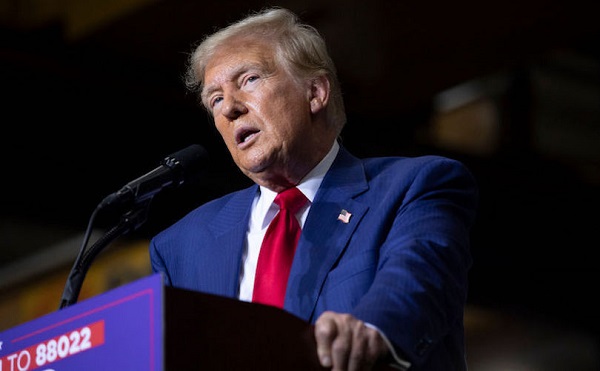By Jonathon Van Maren
Schwab’s World Economic Forum became a globalist hub for population control, radical climate agenda, and transhuman ideology under his decades-long leadership.
Klaus Schwab, founder of the World Economic Forum and the face of the NGO’s elitist annual get-together in Davos, Switzerland, has resigned as chair of WEF.
Over the decades, but especially over the past several years, the WEF’s Davos annual symposium has become a lightning rod for conservative criticism due to the agendas being pushed there by the elites. As the Associated Press noted:
Widely regarded as a cheerleader for globalization, the WEF’s Davos gathering has in recent years drawn criticism from opponents on both left and right as an elitist talking shop detached from lives of ordinary people.
While WEF itself had no formal power, the annual Davos meeting brought together many of the world’s wealthiest and most influential figures, contributing to Schwab’s personal worth and influence.
Schwab’s resignation on April 20 was announced by the Geneva-based WEF on April 21, but did not indicate why the 88-year-old was resigning. “Following my recent announcement, and as I enter my 88th year, I have decided to step down from the position of Chair and as a member of the Board of Trustees, with immediate effect,” Schwab said in a brief statement. He gave no indication of what he plans to do next.
Schwab founded the World Economic Forum – originally the European Management Forum – in 1971, and its initial mission was to assist European business leaders in competing with American business and to learn from U.S. models and innovation. However, the mission soon expanded to the development of a global economic agenda.
Schwab detailed his own agenda in several books, including The Fourth Industrial Revolution (2016), in which he described the rise of a new industrial era in which technologies such artificial intelligence, gene editing, and advanced robotics would blur the lines between the digital, physical, and biological worlds. Schwab wrote:
We stand on the brink of a technological revolution that will fundamentally alter the way we live, work, and relate to one another. In its scale, scope, and complexity, the transformation will be unlike anything humankind has experienced before. We do not yet know just how it will unfold, but one thing is clear: the response to it must be integrated and comprehensive, involving all stakeholders of the global polity, from the public and private sectors to academia and civil society …
The Fourth Industrial Revolution, finally, will change not only what we do but also who we are. It will affect our identity and all the issues associated with it: our sense of privacy, our notions of ownership, our consumption patterns, the time we devote to work and leisure, and how we develop our careers, cultivate our skills, meet people, and nurture relationships. It is already changing our health and leading to a “quantified” self, and sooner than we think it may lead to human augmentation.
How? Microchips implanted into humans, for one. Schwab was a tech optimist who appeared to heartily welcome transhumanism; in a 2016 interview with France 24 discussing his book, he stated:
And then you have the microchip, which will be implanted, probably within the next ten years, first to open your car, your home, or to do your passport, your payments, and then it will be in your body to monitor your health.
In 2020, mere months into the pandemic, Schwab published COVID-19: The Great Reset, in which he detailed his view of the opportunity presented by the growing global crisis. According to Schwab, the crisis was an opportunity for a global reset that included “stakeholder capitalism,” in which corporations could integrate social and environmental goals into their operations, especially working toward “net-zero emissions” and a massive transition to green energy, and “harnessing” the Fourth Industrial Revolution, including artificial intelligence and automation.
Much of Schwab’s personal wealth came from running the World Economic Forum; as chairman, he earned an annual salary of 1 million Swiss francs (approximately $1 million USD), and the WEF was supported financially through membership fees from over 1,000 companies worldwide as well as significant contributions from organizations such as the Bill & Melinda Gates Foundation. Vice Chairman Peter Brabeck-Letmathe is now serving as interim chairman until his replacement has been selected.


















